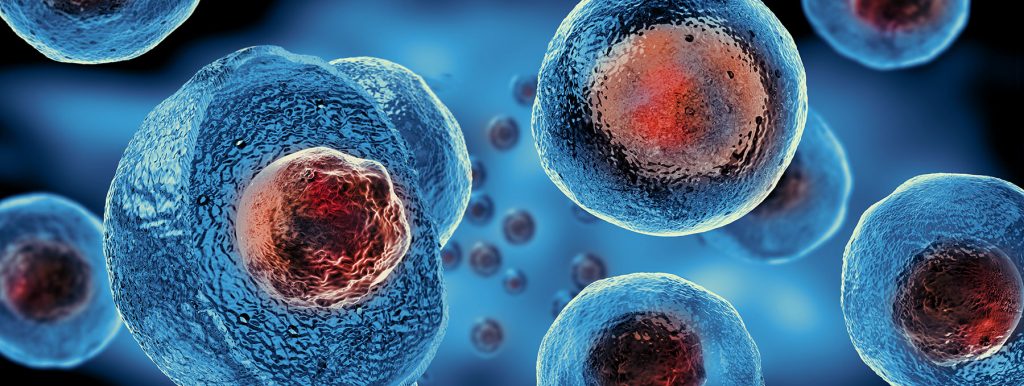Insomnia is an epidemic in the modern world, with stress and unusual working hours keeping many people up at night. For around 20 percent of American adults, an alcoholic beverage is a go-to relief, helping them to stop the tossing and turning. According to several studies on alcohol and sleep, this can have serious effects on […]Insomnia is an epidemic in the modern world, with stress and unusual working hours keeping many people up at night. For around 20 percent of American adults, an alcoholic beverage is a go-to relief, helping them to stop the tossing and turning. According to several studies on alcohol and sleep, this can have serious effects on [...]
Why OCD Symptoms Increase as Latitude Increases
Our bodies have evolved to share quite a complex relationship with the cycles of the sun and moon, and as our lifestyles continue to move us ever more indoors, researchers are really having to unpack just how many ways sun exposure affects us. We’ve known for some time that sunlight, especially a lack of it, […]Our bodies have evolved to share quite a complex relationship with the cycles of the sun and moon, and as our lifestyles continue to move us ever more indoors, researchers are really having to unpack just how many ways sun exposure affects us. We’ve known for some time that sunlight, especially a lack of it, [...]
Eating a Late Dinner Boosts Cancer Risk
Researchers from the Barcelona Institute for Global Health have found that people who eat before 9:00 p.m. or those who wait at least two hours between eating and sleeping are approximately 20 percent less likely to develop either breast or prostate cancers when compared to those individuals who eat dinner after 10:00 p.m. or who eat and […]Researchers from the Barcelona Institute for Global Health have found that people who eat before 9:00 p.m. or those who wait at least two hours between eating and sleeping are approximately 20 percent less likely to develop either breast or prostate cancers when compared to those individuals who eat dinner after 10:00 p.m. or who eat and [...]
The Connection Between Stem Cell Circadian Rhythm and Aging
Every living organism that is exposed to sunlight possesses an internal clock set to an approximately 24-hour schedule. Day and night cycles influence every cell within our bodies. Governed by a region of the brain’s hypothalamus referred to as the suprachiasmatic nucleus (SCN), circadian rhythms modulate cellular function and control bodily processes such as sleep-wake […]Every living organism that is exposed to sunlight possesses an internal clock set to an approximately 24-hour schedule. Day and night cycles influence every cell within our bodies. Governed by a region of the brain’s hypothalamus referred to as the suprachiasmatic nucleus (SCN), circadian rhythms modulate cellular function and control bodily processes such as sleep-wake [...]
Syncing Class Times to Circadian Rhythms Could Improve School Performance
When our daily activities don’t keep time with our internal clocks, we experience diminished performance, researchers say. A new study published in the journal Scientific Reports has found that students whose internal clocks are out of sync with their class times earn lower grades than those whose circadian rhythms better match their daily schedules. According to […]When our daily activities don’t keep time with our internal clocks, we experience diminished performance, researchers say. A new study published in the journal Scientific Reports has found that students whose internal clocks are out of sync with their class times earn lower grades than those whose circadian rhythms better match their daily schedules. According to [...]
- « Previous Page
- 1
- …
- 82
- 83
- 84
- 85
- 86
- …
- 138
- Next Page »









